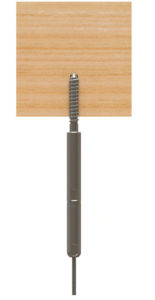Railing Framework
RAILING FRAMEWORK BASICS - WOOD
All railing projects being with the proper framework. The most common framing materials are wood and metal. To provide the stability and safety to your project, more than 200 pounds of tension is applied to the end posts. Each post must be substantial enough to handle the tension.
ADA ALUMINUM GRAB RAIL (optional)
Can be used as a supplemental grab rail with wood and composite rail systems to meet code requirements (see aluminum illustration below for details).
![Wood-Post-Render5[57] wood railing system](https://www.railfx.net/wp-content/uploads/sites/3/elementor/thumbs/Wood-Post-Render557-scaled-q2w0xubq7gx5ebhr8dyyqw46v72ja5mokavshbq4ow.jpg)
TOP RAIL
Use a strong, rigid top rail that can be fastened to all
posts securely.
END POST
Where cables terminate set end posts
3" - 3½" away from any structure for
easy access to install and tension cables.
CORNER POSTS
A. Must terminate cables and start a new cable run
at every wood single corner post
B. Allows cables to pass directly through Corner
Posts using RailFX Post Protector Tubes.
(See Illustration A and B below for single and
double post options)
INTERMEDIATE POST
Cable passes directly through intermediate
post. Max post spacing is 5'. Post spacing
greater than 5' requires a cable support brace.
CABLE BRACE
Used when cable spans are greater than 5'.
![Wood-Post-Render5[57] wood railing system](https://www.railfx.net/wp-content/uploads/sites/3/elementor/thumbs/Wood-Post-Render557-scaled-q2w0xubq7gx5ebhr8dyyqw46v72ja5mokavshbq4ow.jpg)

TOP RAIL
Use a strong, rigid top rail that can fastened to all posts securely.

END POST
Where cables terminate set end posts 3″ – 3½” away from any structure for easy access to install and tension cables.

CORNER POSTS
A. Single Corner Post
Must terminate cables and start a new cable run at every wood single corner post.
B. Double Corner Post
Allows cables to pass directly through Corner Posts using RailFX Post Protector Tubes.
(See Illustration A and B below for single and double post options)

INTERMEDIATE POST
Cable passes directly through intermediate post. Max post spacing is 5′. Post spacing greater than 5′ requires a cable support brace.

CABLE BRACE
Used when cable spans are greater than 5′.
WOOD CORNER POST OPTIONS
A
Single Post Cables
Terminating
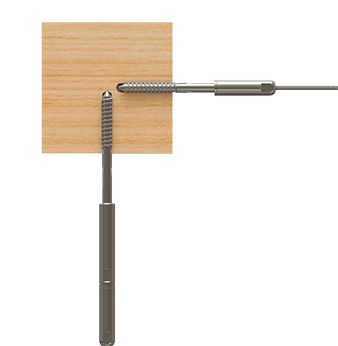
B
Double Post using
Post Protector Tubes
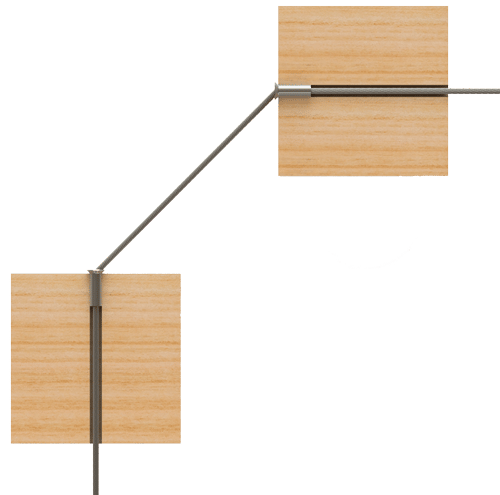
RAILING FRAMEWORK BASICS - ALUMINUM
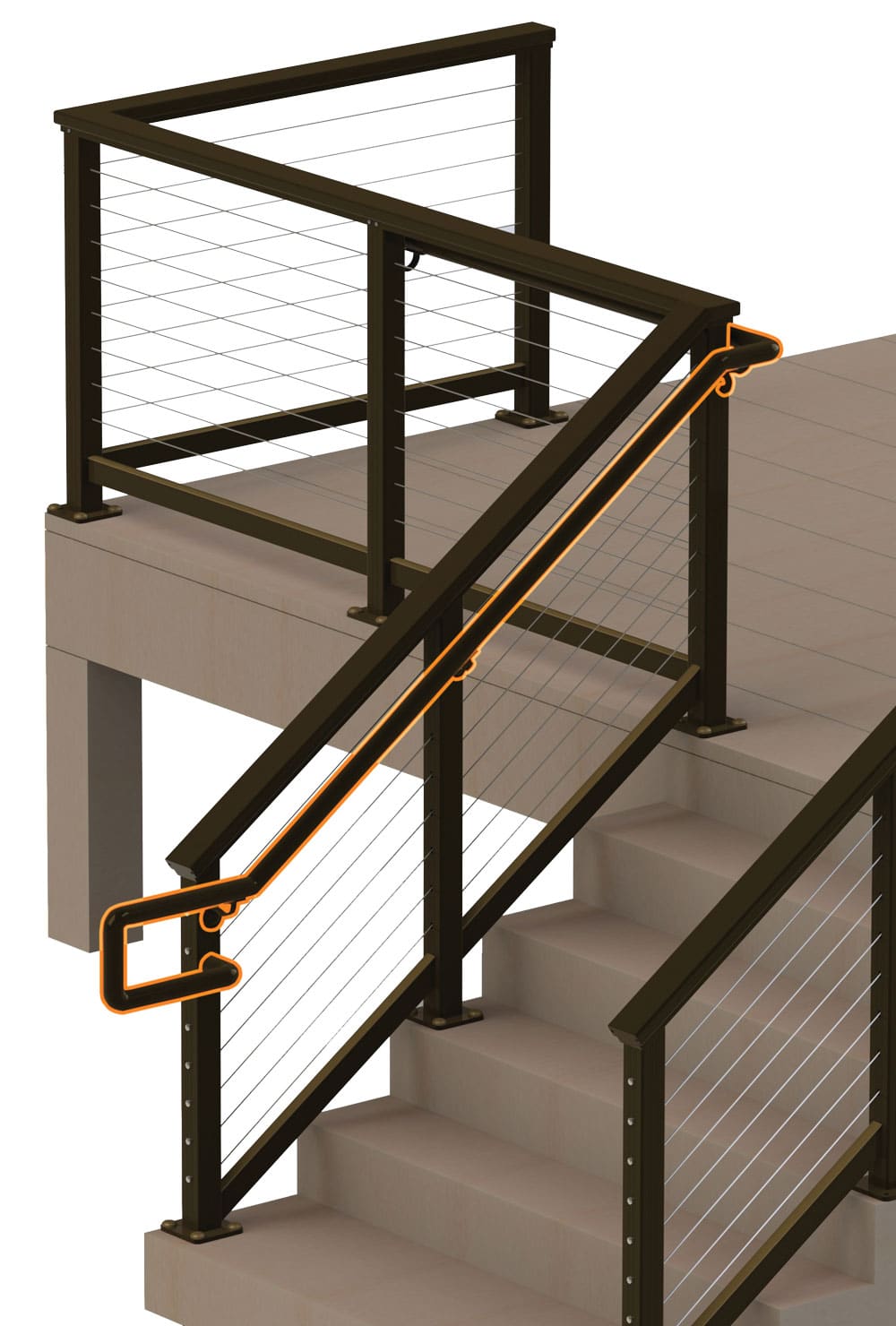
TOP RAIL
Use a strong, rigid top rail that can fastened to all
posts securely.
END POST
Where cables terminate set end posts
3" - 3½" away from walls for easy access to tension cables.
CORNER POSTS
A. SINGLE CORNER POST
Allows cables to pass continuously through
corner posts.
2. DOUBLE CORNER POST
Allows cables to run continuously through
corner posts.
(See A and B illustrations below for single and
double post options)
INTERMEDIATE POST
Cable passes directly through intermediate
post. Max post spacing is 5'. Post spacing
greater than 5' requires a cable support brace.
BOTTOM RAIL
Bottom Rail is optional. Bottom rail is required
when installing rail that needs to meet handicap
ADA requirements.
ADA HAND RAIL (optional)
Used as a supplemental grab rail when going
downstairs too large to meet code.


TOP RAIL
Use a strong, rigid top rail that can fastened to all posts securely.

END POST
Where cables terminate set end posts 3″ – 3½” away from walls for easy access to tension cables.

CORNER POSTS
A. Single Corner Post
Allows cables to pass continuously through corner posts.
B. Double Corner Post
Allows cables to run continuously through corner posts.
(See Illustration A and B below for single and double post options)

INTERMEDIATE POST
Cable passes directly through intermediate post. Max post spacing is 5′. Post spacing greater than 5′ requires a cable support brace.

BOTTOM RAIL
Bottom Rail is optional. Bottom rail is required when installing rail that needs to meet handicap ADA requirements.
ADA HAND RAIL (optional)
Used as a supplemental grab rail when going downstairs too large to meet code.
ADA HANDRAIL COMPONETS
RailFX offers ADA compliant components that are easy to install, easy to hold on to, and durable.
HANDRAIL
EXTRUSION
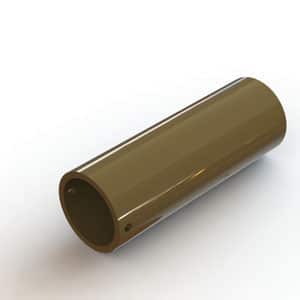
HANDRAIL
END CAP
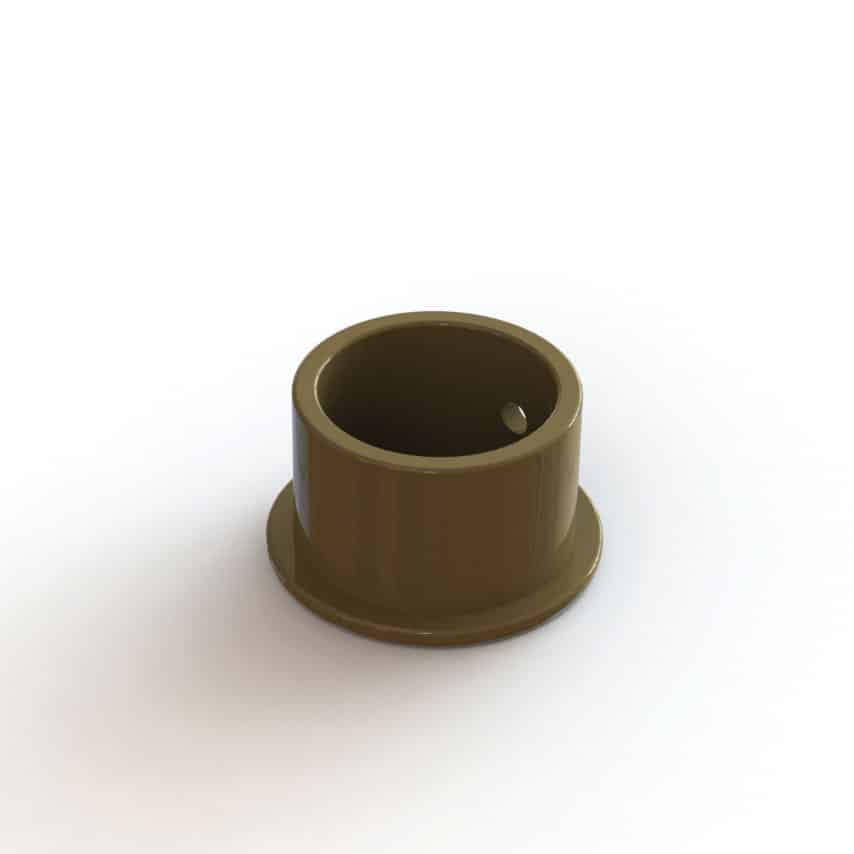
30° 33° 36° HANDRAIL
CONNECTOR
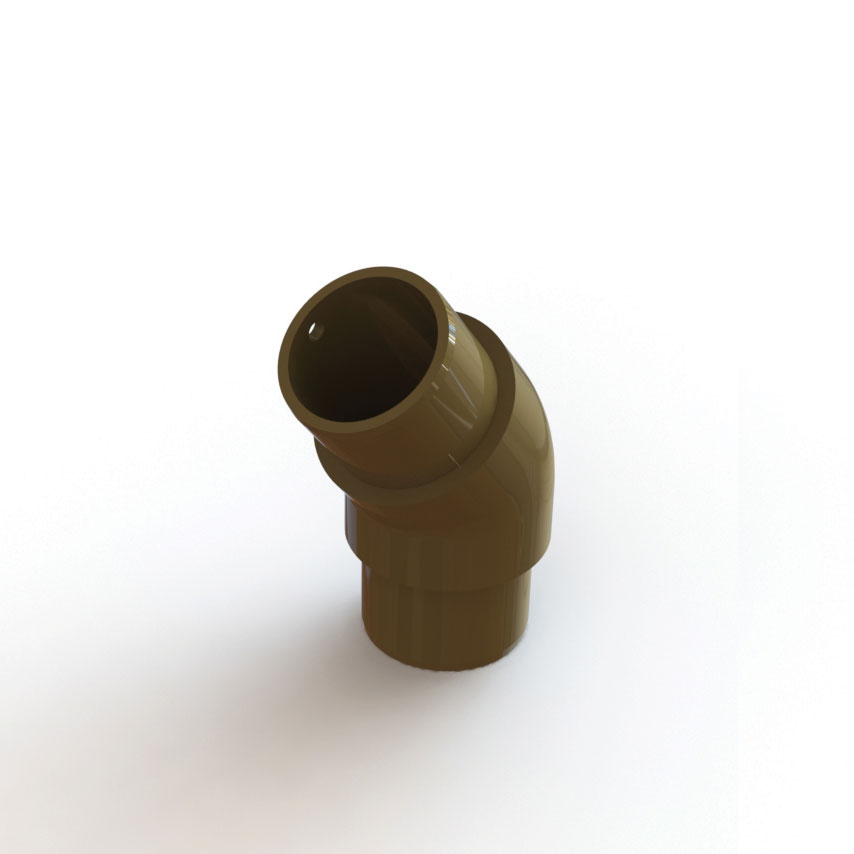
90° HANDRAIL
CONNECTOR RETURN
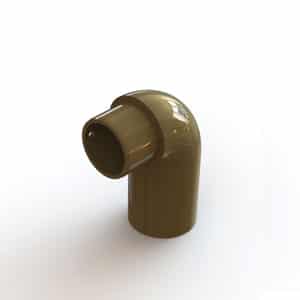
90° HANDRAIL
CONNECTOR
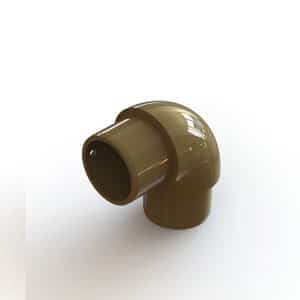
HANDRAIL
MOUNT

METAL CORNER POST ORIGINS
A
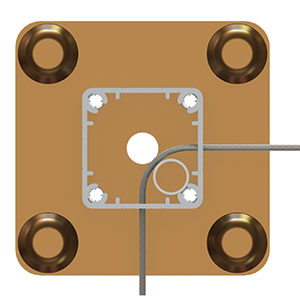
B
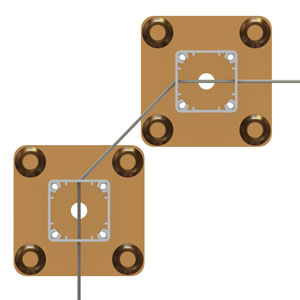
CORNER POST FITTINGS OPTIONS
For a continuous cable impression, RailFX fittings are designed to reside within the same post in several configurations when two cable runs intersect at corner posts.
Tensioning: Every cable run needs at least one tensioning cable fitting. A tensioning fitting is attached to either end or corner posts and is used to tension cable tight enough to pass building code requirements.
Non-Tensioning: Non-tensioning fittings are used in conjunction with a tensioning fitting. A non-tensioning fitting is used to attach the cable to a end or corner post.
WOOD POST
SINGLE CORNER POST CABLE INSTALLATION OPTION
SLEEVED POST
SINGLE CORNER POSTCABLE INSTALLATION OPTION
Basic Cable Kit - FlexFX Non-Tensioner
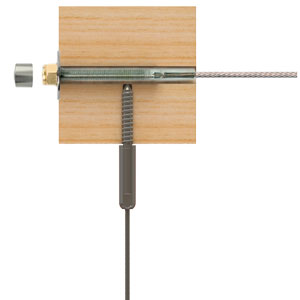
Professional Cable Kit - FlexFX Non-Tensioner
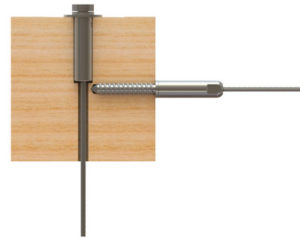
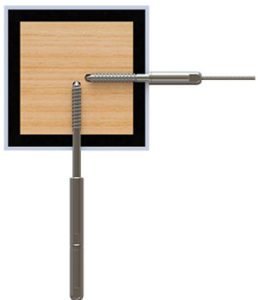
FlexFX Tensioner
FlexFX Non-Tensioner
WOOD POST
SINGLE CORNER POST CABLE INSTALLATION OPTION
Basic Cable Kit - FlexFX Non-Tensioner

Professional Cable Kit - FlexFX Non-Tensioner

SLEEVED POST
SINGLE CORNER POST CABLE INSTALLATION OPTION
FlexFX Non-Tensioner

FlexFX Tensioner
WOOD POST
DOUBLE CORNER POST CABLE INSTALLATION OPTION
To End Post

Post Protector Tube
Illustrated using Basic Cable Kit
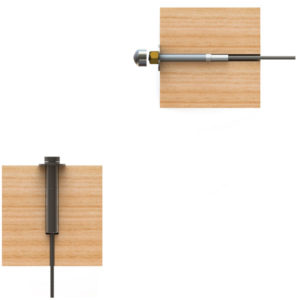
FlexFX Non-Tensioning
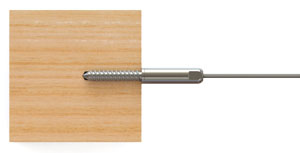
FlexFX Tensioning
